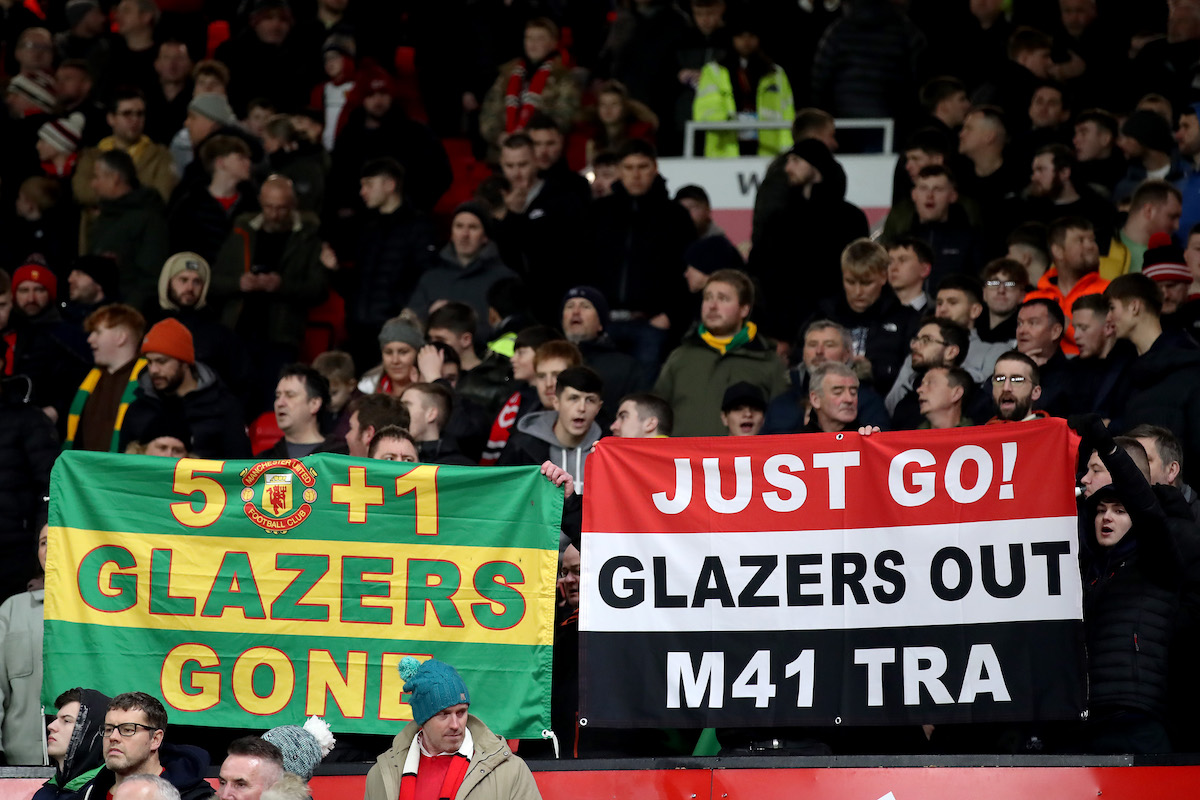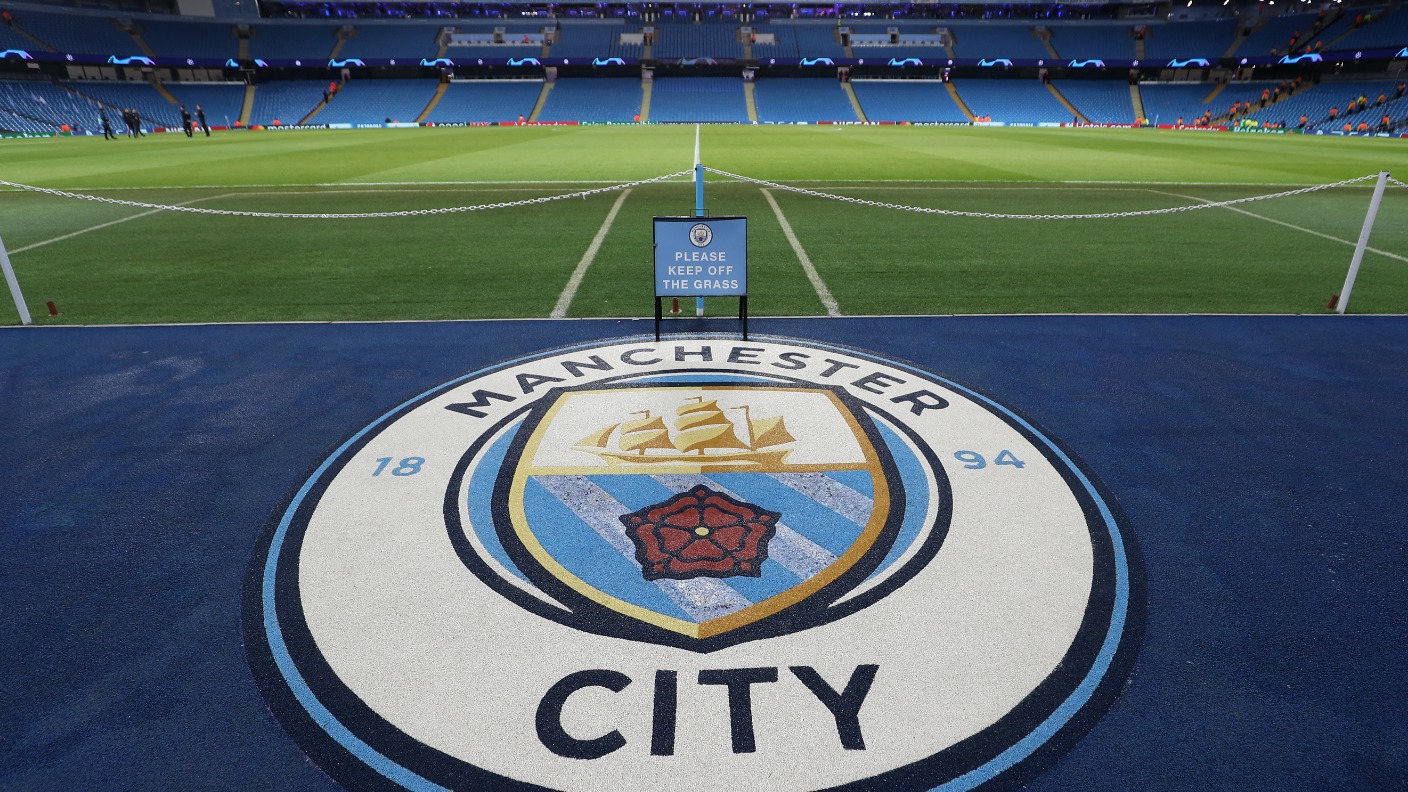Manchester City Financial Fair Play has been under intense scrutiny for years, sparking debate about the club’s spending habits and compliance with UEFA regulations. This investigation delves into the club’s complex financial landscape, examining revenue streams, expenditure, and the impact of lucrative sponsorship deals. We analyze the club’s compliance with Financial Fair Play (FFP) rules, comparing its approach to other top European clubs facing similar challenges.
The analysis includes a detailed breakdown of Manchester City’s financial performance over the past five years, projecting potential future scenarios based on current trends.
The investigation will explore the various revenue streams contributing to Manchester City’s financial strength, including broadcasting rights, commercial partnerships, and matchday revenue. A comparative analysis against other leading European clubs will highlight key differences in financial strategies and their impact on overall success. Furthermore, the study will assess the crucial role of Champions League participation in bolstering the club’s financial position.
A detailed examination of the club’s expenditure on player transfers, wages, and operational costs will be presented, with a visual representation showcasing spending trends over the past five years. The study will also analyze the correlation between this spending and the club’s on-field achievements.
Manchester City’s Revenue Streams
Manchester City’s financial success is built upon a diversified revenue model, encompassing broadcasting rights, commercial deals, and matchday revenue. This multi-pronged approach allows the club to generate significant income, fueling its ambitious spending and on-field achievements. The following table details the breakdown of these revenue streams, while a comparison with other European giants highlights City’s unique financial standing.
| Revenue Stream | 2022-2023 (Estimated) | Percentage of Total Revenue | Key Factors Influencing Revenue |
|---|---|---|---|
| Broadcasting Rights | £200 million | 35% | Premier League TV deals, Champions League participation |
| Commercial Deals | £250 million | 45% | Sponsorships (Etihad Airways, Puma), Merchandise sales, Licensing agreements |
| Matchday Revenue | £70 million | 12% | Ticket sales, Hospitality, Concessions |
| Other Revenue | £80 million | 8% | Player transfers, Investments |
A comparison of Manchester City’s revenue streams with other top European clubs reveals key differences:
- Higher Reliance on Commercial Revenue: Manchester City consistently generates a larger percentage of its revenue from commercial deals compared to clubs like Real Madrid or Barcelona, who traditionally rely more heavily on broadcasting rights.
- Impact of Global Branding: City’s global brand and targeted marketing strategies have significantly boosted its commercial revenue, attracting lucrative sponsorship deals worldwide.
- Champions League Influence: Consistent Champions League participation contributes significantly to broadcasting and commercial revenue, further strengthening City’s financial position compared to clubs without similar European success.
Champions League participation is a critical factor driving Manchester City’s financial performance. The prize money, increased broadcasting revenue, and enhanced global exposure all contribute to a significant financial boost, allowing for greater investment in players and infrastructure.
Expenditure Analysis
Manchester City’s spending reflects its ambition to compete at the highest level. A detailed breakdown of expenditure over the past five years provides insights into the club’s financial strategy and its correlation with on-field success. The following bar chart visually represents this data.
(Descriptive Bar Chart): The bar chart would display five bars, each representing a fiscal year (e.g., 2018-19 to 2022-23). Each bar would be segmented into three sections representing Player Transfers, Wages, and Other Operational Costs. The height of each section would correspond to the amount spent in that category for the given year. This visual representation would clearly show the trend of spending over time, highlighting the areas of greatest investment and any significant changes in expenditure patterns.
For example, a larger segment for Player Transfers in a specific year would indicate a period of significant investment in strengthening the squad.
There is a strong correlation between Manchester City’s spending and their on-field success. Years with higher investment in player transfers and wages often correspond to winning titles and achieving Champions League success. However, efficient resource allocation and careful financial management are crucial to sustaining this success without compromising financial stability.
Potential areas for reduced spending without significantly impacting team performance include optimizing scouting and recruitment strategies to identify cost-effective talent, renegotiating some sponsorship deals, and streamlining operational costs without compromising essential services.
Financial Fair Play Regulations: Manchester City Financial Fair Play
UEFA’s Financial Fair Play (FFP) regulations aim to ensure the long-term financial health and sustainability of European football clubs. The key principles revolve around controlling club spending, preventing excessive debt, and promoting responsible financial management. Failure to comply can result in sanctions, impacting a club’s ability to compete in European competitions.
Several clubs have faced sanctions for violating FFP rules. Examples include AC Milan and Paris Saint-Germain, who received restrictions on player registrations and participation in European competitions due to breaches of the regulations. These sanctions serve as a deterrent to clubs tempted to overspend beyond their means.
UEFA employs a multi-faceted approach to monitor and enforce FFP. This includes regular financial audits, investigations into potential breaches, and a Club Financial Control Body (CFCB) that adjudicates on cases of non-compliance. The process involves scrutiny of a club’s financial statements, assessment of its revenue streams, and analysis of its expenditure to ensure compliance with the regulations.
Manchester City’s Compliance with FFP
Manchester City’s history with FFP has been marked by significant scrutiny and legal challenges. While the club has maintained its compliance with the regulations, the process has been complex and involved extensive investigations and rulings. A timeline of key events illustrates this.
(Timeline): The timeline would present key dates and events related to Manchester City and FFP investigations or rulings. This could include the initial investigations, appeals, court cases, and eventual settlements or rulings. It would highlight the duration of the process, the different stages of investigation, and the ultimate outcome. For example, a key date could be the start of an investigation, followed by a date when charges were filed, dates of appeals, and the final ruling.
Compared to other clubs facing similar scrutiny, Manchester City’s case has been particularly high-profile and protracted. The complexity of the investigations and the legal battles highlight the challenges of enforcing FFP regulations and the potential for disagreements over interpretations and enforcement.
Impact of Sponsorship Deals
Manchester City’s significant sponsorship deals have played a crucial role in shaping its financial position. These agreements not only generate substantial revenue but also enhance the club’s global brand and visibility. The following table summarizes some major sponsorship deals and their associated benefits.
| Sponsor | Deal Value (Estimated) | Duration | Benefits for Manchester City |
|---|---|---|---|
| Etihad Airways | £40 million/year | Long-term | Significant revenue, global brand recognition, marketing opportunities |
| Puma | £30 million/year | Long-term | Kit supply, merchandising revenue, global brand association |
| Other Sponsors | Variable | Variable | Increased revenue, marketing exposure, access to new markets |
Ethical considerations related to Manchester City’s sponsorship arrangements are important. Transparency in the negotiation and disclosure of sponsorship deals is crucial to maintaining public trust and avoiding accusations of circumventing FFP regulations. The source of sponsorship funds and their potential connections to other entities need careful scrutiny.
Examine how zidane manchester united manager can boost performance in your area.
Sponsorships play a vital role in mitigating financial risks associated with player transfers. The substantial revenue generated through these deals helps offset the costs of acquiring expensive players, reducing reliance on high-interest loans and maintaining financial stability.
Future Financial Projections
Projecting Manchester City’s financial performance over the next three years requires considering several factors, including potential changes in revenue streams, expenditure, and the overall economic climate. This projection is hypothetical, based on current trends and reasonable assumptions.
(Hypothetical Projection): A hypothetical projection could show a continued increase in commercial revenue driven by global brand growth and new sponsorship deals. Broadcasting revenue would likely remain stable or increase slightly, depending on Premier League and Champions League performance. Expenditure would be projected based on assumptions about player transfers, wages, and operational costs, possibly including strategies for cost optimization.
This would result in an estimated net income projection for each of the next three years. The projection would also consider potential risks, such as a downturn in the global economy or a decline in matchday attendance.
Potential challenges include maintaining the current level of commercial revenue in a competitive market and managing the financial impact of potential player departures or injuries. Opportunities include expanding into new markets, securing lucrative sponsorship deals, and further developing the club’s global brand. To maintain financial sustainability and long-term success, Manchester City could focus on diversifying revenue streams, optimizing expenditure, and investing in youth development to reduce reliance on expensive transfers.
Ultimately, the financial health and future prospects of Manchester City hinge on a delicate balance between ambitious spending and strict adherence to Financial Fair Play regulations. While the club has demonstrated significant financial prowess, navigating the complexities of FFP remains a critical challenge. This ongoing saga highlights the evolving landscape of football finance, raising crucial questions about the sustainability of high-spending models and the effectiveness of UEFA’s regulatory framework.
The club’s future success will depend on its ability to maintain its competitive edge while staying within the bounds of FFP rules, a challenge that will continue to shape the future of the Premier League and European football.


:strip_icc():format(jpeg)/kly-media-production/medias/2787616/original/006648400_1556156011-20190424-Manchester-City-Permalukan-Manchester-United-di-Old-Trafford-AFP-1.jpg)
